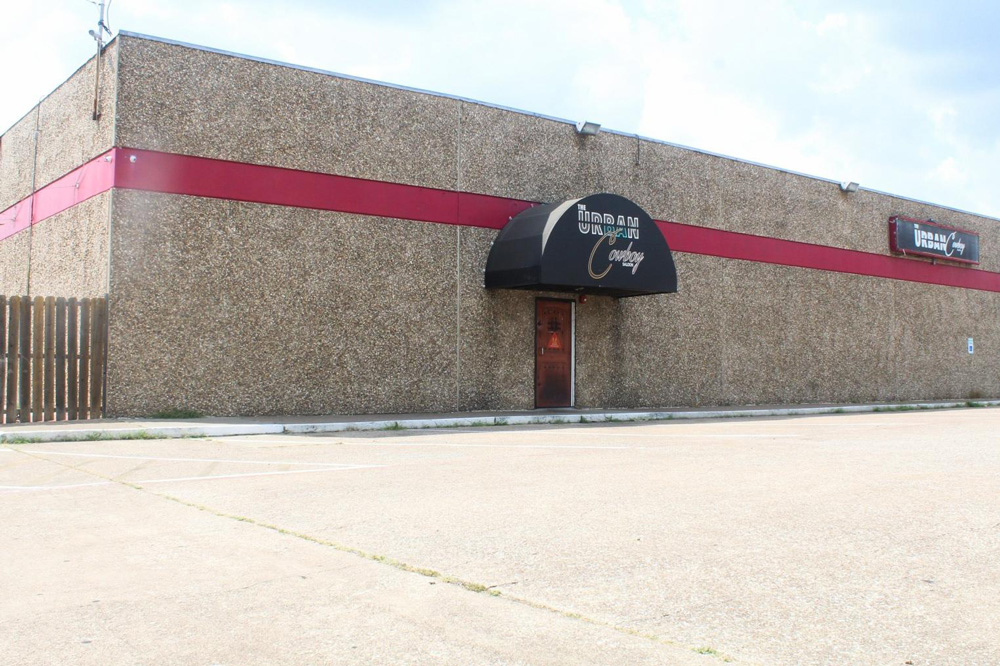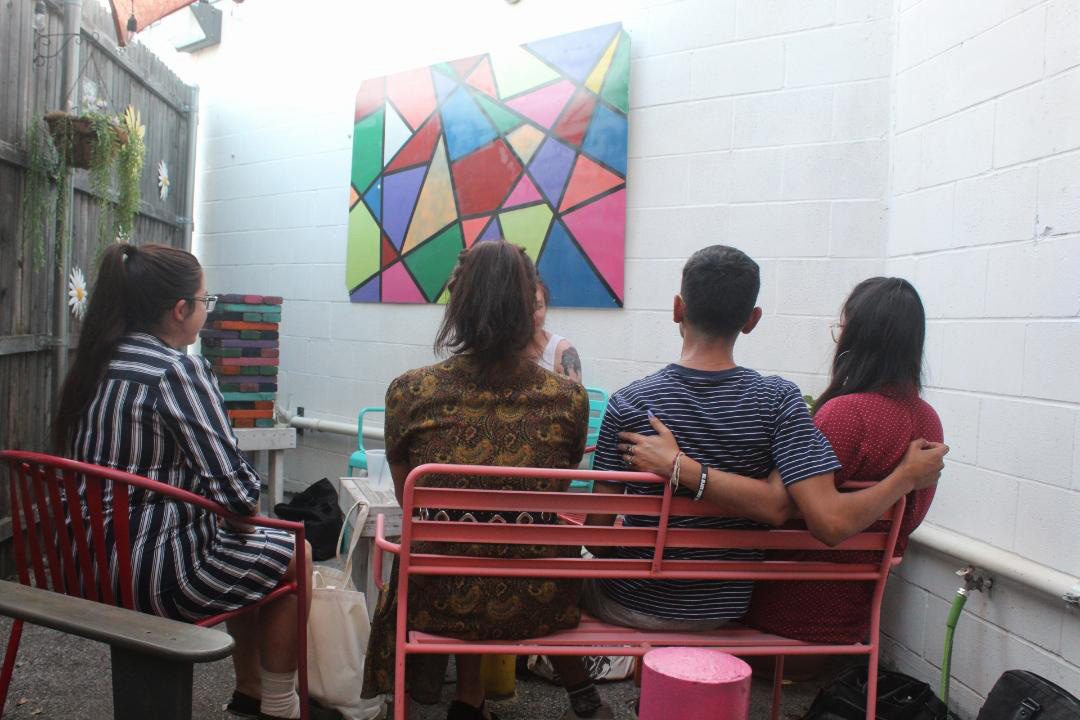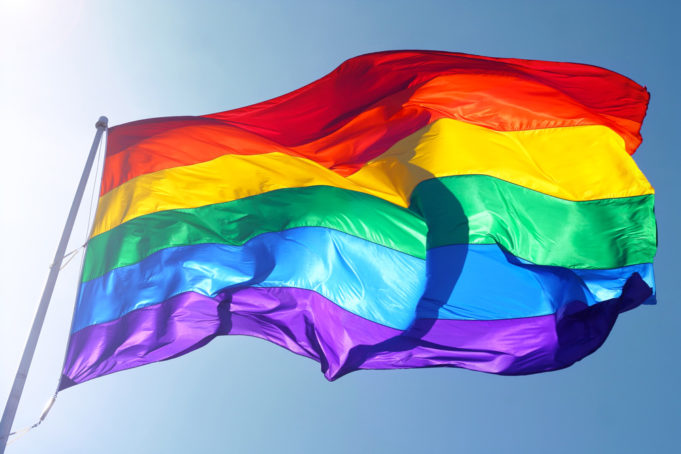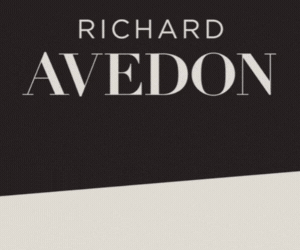With COVID-19 cases steadily on the decline, the Crystal Methyd PRIDE Celebration at the Urban Cowboy Saloon on the East Side last month promised a rare night out for the group of friends. Jess (she/her), Jovan (he/him), B (she/they), and G (she/her) — who all self-identify as LGBTQ+ and Latinx — said the bar had a reputation for being heavily white and heavily cisgender, the term for people whose gender matches their sex at birth. “Cis” is a common abbreviation of cisgender.
“I saw that it was a white-dominated space, and that didn’t make me or my other queer friends feel safe,” B said. “We have been in these situations before. We had our guards up.”
The friends arrived around 11 p.m. and perched behind a row of VIP tables before the Crystal Methyd show. A group of middle-aged white men pushed their way toward the VIP tables and allegedly told the four friends, “Move, move, move, you broke bitches,” B said.
The friends decided not to react and to make the best of the situation.
One of the men at the VIP table allegedly “touched my friend,” B said. “I didn’t appreciate that. He did the same thing to me. That’s when I spoke up.”
I don’t appreciate you touching us, B told the man.
The man allegedly responded aggressively and told the four friends that he knew the owner. The four friends said someone claiming to be the owner came to chastise them without questioning the behavior of the men at the VIP table.
Jovan was in line getting a drink several yards away when he saw what happened next.
“That’s when I see [the man] push G,” Jovan said. “He was 5-foot-9. She is 5’1’’. Everyone is trying to get him off of her. The table fell. The bartender jumps the bar with a bat. They are all yelling in our faces. ‘Get the fuck out. Get the fuck out.’ They are in my ear yelling with the drag queen saying, ‘Don’t look over there. Look over here. The show is over here.’ ”
The group said one bartender taunted them by intentionally misgendering them as he pushed them out of the bar. B believes the bar staff targeted her friends for a reason.
“They saw a group of brown people and assumed we were the aggressors,” B said.
After realizing what happened, the man who had chastised the four friends earlier promised to “make it up” to them by offering them free drinks, B said. “I can go into a queer space as a brown, gender-queer person and assume that it’s supposed to be safe but still be approached by cis men who feel entitlement to my space and to my body. If I pleasantly voice my boundary, I am still met with aggression by cis men. In a queer space, we deserve better.”

Photo by Edward Brown
In a public statement, the Urban Cowboy Saloon said, “At The Urban Cowboy Saloon, we strive for inclusion and a safe place for all every time our doors are open,” the statement read. “As Fort Worth’s largest LGBTQI+ nightclub, we do this by welcoming all, holding space for our similarities and differences, and embracing that our space belongs to everyone. There are understandably teachable moments, and we strive to learn and grow. To keep a safe space, we train our employees to diffuse conflict swiftly, assess all sides of the situation, and resolve customer concerns. We promote diversity and inclusion in this space to ensure a stronger community and a safer place for all.”
A 2020 poll by the Center for American Progress, a nonpartisan policy institute dedicated to improving the lives of all Americans, found that LGBTQ+ people continue to face disproportionately high levels of discrimination and other challenges. Just over 1,500 self-identified LGBTQ+ adults were interviewed for the survey. More than one in three LGBTQ+ Americans faced discrimination of some kind in the past year, according to the survey. Half of respondents reported “moderate or significant negative psychological impacts” as the result of past discrimination.
Republican state lawmakers are currently working to codify discrimination against transgender teenagers. One of Gov. Greg Abbott’s top priorities in the current special legislative session is a bill to ban public school athletes from competing on teams that align with the youth’s gender identity. Texas led the nation in the filing of anti-LGBTQ+ bills this past session, according to Equality Texas, a political advocacy organization that supports the full equality of the Texas LGBTQ+ community.
One week after the incident at The Urban Cowboy Saloon, B, G, Jess, Jovan, and M (he/him) met me at Liberty Lounge on the Near Southside to discuss what safe spaces for marginalized groups can and should look like. M, who is Latinx, wasn’t at Urban Cowboy that evening, but he has had similar experiences, he said.
What is gay bar culture like in Fort Worth? What do you have to think about when going out?
M: We know what the culture is in Fort Worth. You see a lot of older white gay men [in queer-friendly bars]. Because these spaces are some of the only spaces that are queer-centered, we try to have a good time. We’ll go, but I feel like we keep to ourselves. It is never a conscious direct thing where we are like, ‘Oh, here are these white people.’ It is so automatic at this point.
Jovan: There was a time in my life when I didn’t want to identify my queerness with the spaces that I was in. I wanted to go to a lot of different bars. I went to a bar at the Stockyards. I brought a guy with me. We were kissing at the bar. We were followed. By the time I got to my car, all of my windows are bashed. I want to try these spaces. They aren’t always safe. It made me wonder what a safe space means. For me, one person can’t make a space safe. One owner can’t. It is a community effort. It is people looking out for one another. As a Mexican queer person, I know that this city is going to trust the white person first. I feel like I’m always going to be the perpetrator or the person who started it.
G: You do an assessment. How many white people are there? How many queer people appear to be in there? That’s the first thing I look for. If I felt safe enough, I might sit by myself or I might move on. If anything were to go down, I’m always going to be the problem. Because of my immigration status, it doesn’t matter if I am in the right. How much am I going to be allowed to be myself without putting myself and others in danger?
Jess: Besides the rainbows there, [Urban Cowboy] didn’t feel like it was any safer than a regular straight bar. There should be spaces that are close to where we live. We were talking about maybe going out in the future. We talked about going all the way to Dallas because there are places in Dallas that would be safe for us. As far as Fort Worth, I don’t feel there are any.
B: I never felt that I had a space here as a brown person. Growing into my queerness, that adds another level. I have escaped to Dallas to try to find my space over there. It’s not concentrated in Fort Worth. Fort Worth has a specific way of going about it. As far as white dominance, cis male dominance, that’s worldwide.

Photo by Edward Brown
What does a safe space look and feel like?
Jovan: I went to a space in Dallas. Most of the music they play is in Spanish. The space is so inclusive. It’s people who look like me and speak the language I speak. That is safety. A sense of community. People are looking out for me, and I am looking out for them, but we are holding each other accountable.
G: One person cannot make a space safe. An establishment can never be the part of it that makes it safe. What makes it safe is a community. If you can come to a place and know that everyone has your back and everyone would defend you, that is what makes a safe space.
M: Do we create bars ourselves? Do we create change from within? Is there room for us to maneuver these structures that have been in place for decades that stem from white supremacy?
G: We have all of these gay spaces where there are older white men who feign [to have experienced] discrimination but completely fail to understand the intersection of being Mexican, brown, Black, a lesbian, or transgender. That’s what Fort Worth is missing. A safe space for everyone would mean that these white people start to recognize how all of these things intersect. They are always missing that point of how we can make a safe space for everyone else.
Jovan: The gay rights movement happened because a Black trans woman [Marsha P. Johnson] decided it was enough. White spaces, whether straight or queer, have always been safe for white people.
J: Look at the Pride Month advertisements. It is mostly cis gay white men because they are appealing to a product that they can afford. Historically, Black and brown people make less money than white people.
B: Having safe spaces is monumental because we look for these safe spaces. We know that we are not going to get the same comfort or validation to even minimally be seen at our places of work. You can easily get fired by even saying your pronouns. You can be kicked out of your church or a place of worship. There are so many other things that go along with the need for having a safe space. That’s why we are advocating for this. A lot of us have been disowned by our families. A lot of us have been kicked out of our churches. It needs to change.
Jovan: I know Fort Worth prides itself on being gay-friendly. Fort Worth city council recognized Pride Month, but they won’t fly the pride flag in government offices. It’s just a flag, but that symbolism is not just for queer people. It would speak volumes that the city was not going to tolerate discrimination from people who are against LGTBQ people.
M: We keep saying “safety,” but for who? Safety for [white men and women] is achieved through violence. That same thing can be seen within structures and relations between bartenders and clients, police to civilians, and how those interactions go. White people are kept safe through violence against people of color. There are parallels.
G: I know Tarrant went blue. We are on the verge of making that commitment to change. What I want to say is, “Progressive white people, you are out there. Fucking speak up, not just by voting but by making safe spaces for people. White people, show up for other people.” Honestly, what queer people need are white bodies on the line, white bodies to be in front of us when anything goes down. If we keep defending ourselves as brown people, the risks are higher for us. The reckoning needs to happen. Fort Worth is a majority [person of color] city, which means there are more people at risk [of experiencing racism and bigotry] than there are people who feel safe. Those with privilege need to stand up for us. I’m not asking for a white savior. If you are going to vote blue, make the real change. Make it within yourself. Don’t just be a liberal on paper.
M: Mainly, what we are looking for as queer people of color is solidarity. Historically, the way these movements have progressed is through coalitions between marginalized communities. We need places where [marginalized people can] make themselves heard. Knowing that people accept you and won’t misgender you, they won’t be actively hostile toward you. You don’t always know that when you are entering a room full of white people. Look at conservative values. Those opinions will negate your experience and entire existence. It’s not a reach to say that these people have these opinions about my friend and something could happen to me being in their space. Accountability and solidarity go hand in hand.













As a brown transgender female that was bartending that night and was the one who at the tail end of the situation. I walked them outside talked to them and personally escorted them back in after listening to their side. I sided with them even after over hearing 2 of them calling the bartender a fa**ot and escorted to the owner vip section. After they had a ball closer to the queens I even offered to walk over to the other side of the bar to make them feel safe to close tabs. Then personally escorted them out of the bar! All this race talk about this bar but out of then entire staff that night only 2 were not minorities. All of this is completely wrong but everyone has their own story to tell!!!
I was there that night not far from the incident at Urban Cowboy. The way the incident is portrayed in the article is totally dishonest. Urban Cowboy has always been a welcoming place to people regardless of race, gender, or sexual identity.
There are a lot of misconceptions in this article. I am a gay older twink causation cis man and have felt discriminated against at the urban cowboy. The owner isn’t the best, everyone knows that. He is not very friendly and overly proud. No human being hasn’t be hit on by someone you weren’t attractive to,, and eventually we all with be the older guy that was mentioned.. But if you go to a Latin gay bar and are Latin of course you are going to let your guard down and have those experiences as you would at any bar. The only gay bar in dallas that uses a metal detector for good reason is a Latin bar. I have gone to a most African American gay bar while that is the only time there is a cop there and did feel out of place but once you let those walls down, you meet good people who are the other side of the same coin.
As a nonbinary lesbian who was born and raised in Ft. Worth (a not-so-welcoming place for queer young people), I can genuinely say that The Urban Cowboy Saloon has been a safe haven and place to call home for me and all of my friends since I was 18 years old. It is an extremely well run establishment, and aside from that is truly diverse. the information in this article is not only misleading, but is based on one show in which a very popular drag queen from RuPaul’s Drag Race was performing. This means that the audience was full of both regulars and first time attendees. Any behavior such as that expressed in this article is NOT a true representation of the environment that the owner and staff of Urban Cowboy have worked so hard to create. I’m heavily disappointed to see this bar be dragged through the mud due to one disappointing experience.
I’m a gay Mexican who was sexually assaulted by a high profile older gay white man in Chicago at that time my immigration status was a liability to my livelihood. He did because he felt he had power over me because of his influence over LGBTQ bar owners, donating to the local Democratic Party and having so much money. Me too I understand of finding safe Lgbtq bars where I know people have my back and I’m not label because of the color of my skin. Thank you for speaking up & I encourage to get civically involved in Fort Worth (don’t stop) & let’s all come to the table & work together to make our city inclusive for EVERYONE. Still — let’s no tear each other apart within our community. We ALL have the power to make a change. Even after my incident I never stopped — I still kept going and work hard to bring communities together. Yes — I do believe in second chances and clearing up miscommunications. We ALL have the power to make safe spaces — so let’s ALL do it & help our LGBTQ Fort Worth businesses flourish because if we don’t our city will never economically survive & our community will never grow.
The fact there is a VIP section at THAT bar is disturbing.
The sensationalistic approach of this article’s tone is very transparent. As a Mexican American gay man, I have NEVER known this space to be none other than safe. Their entertainers have always been the non-mainstream performers, there is diversity of color and identity with them. The staff has ALWAYS looked out for patrons. There has never been a time I felt uncomfortable or unwelcome. I’m fact when I divorced and moved to Fort Worth, this was the first place I went as a single man, alone. I was by myself a d was welcomed by multiple people there. IF a group of people were acting questionably to other guests of the bar it has NOTHING to do with the staff or owners. I blame the group causing the problems if it did happen as stated in this article. It’s just funny that this incessant occurred and they ran to FW Weekly to tell a story.
I understand things happen but that’s not to say that everyone’s experience will be such or that one incident would deem this space unsafe to any part of the LGBTQAI+ community. I really wish the author of this piece had spoken with the owners as they did the people reporting it. But I hope the best for everyone affected because it’s hard to find welcome spaces. Much harder when the ones we do have get tainted like this.
We did reach out to the owners. I spoke with a member of their staff about the story, and they provided a comment.